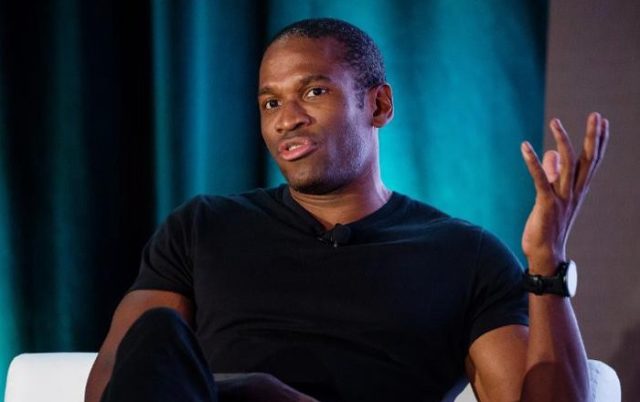“We’ve lost the lights, but this is the reality we live in,” says a Ukrainian television presenter, in a darkened studio, as the lights go out in the middle of the news bulletin: “’We’re all in this together,” she adds.
Power cuts in Ukraine’s capital Kiev are affecting everyone.
For Ukrainian couple Maryna and Valeriy Tkalich, it means leaving their stroller downstairs and carrying their two-month-old son up 12 flights of stairs to their apartment because the elevator stopped working.
Still, they feel lucky, says Valeriy Tkalich, a 34-year-old father, because authorities give them 15 minutes’ notice of upcoming electricity cuts.
Just enough time to run around the small apartment to “get some water, wash the baby and cook food,” says Marian Valeriy Tkalich, before the lights go out and the taps run dry.
Such disruptions are becoming increasingly common for the city’s population of around 3 million after Russia began attacking the country’s energy systems in late March, cutting half of its production capacity.
In scenes reminiscent of the winter of 2023, the streets are often plunged into darkness, the hum of private generators can be heard again on the streets of Kiev, and people carry flashlights to get around.
“The main challenge is the lack of water,” said Valeriy Tkalich, speaking to Reuters from his home in Kiev, where water pumps cannot reach the highest floors without electricity.
“For cooking, we also had to adjust and buy a small gas stove to heat things up,” said the IT product manager. “With the baby, this seriously complicates our reality.”
Many Ukrainians fear things will get worse as winter approaches, with Russian forces seizing the initiative on the battlefield and intensifying missile and drone attacks on thermal and hydroelectric power plants.
Moscow maintains that Ukraine’s energy infrastructure is a legitimate military objective and denies targeting civilians. Hundreds of Ukrainians have been killed in attacks on residential buildings, schools and hospitals since the beginning of 2022.
Their daughter, Marian, spent the first few nights at home sleeping in the hallway of the apartment, rather than in her bedroom, to reduce the risk of damage if the building was hit.
“Blackouts are the worst. Even air raids, which we have become accustomed to and which present enormous risks for the family, made worse by the presence of the baby, bother me less than blackouts,” said Tkalich.
He and his wife, who own a jewelry store, are considering moving west, where disruptions from missile attacks are less frequent.
But right now, they take it one day at a time.
Just as Russia has stepped up its attack on Ukraine’s power generation, Kiev has struggled to secure enough air defense systems from its Western allies to protect itself.
While the country anxiously begged for additional air defenses and awaited military aid from the United States, Russian drones and missiles caused another billion dollars’ worth of damage, Ukraine’s Energy Minister German Galushchenko said in May.
Ukrainian authorities say the spring attacks destroyed about half of the country’s production capacity – 9,000 of 18,000 MWh – and caused long-term damage that could mean household power cuts for years to come.
Some Kiev residents were without power for more than five hours a day last week due to deficits in the energy system, the longest outage since last winter.
Artist Yevhen Klymenko, a friend of the Tkaliches who also lives in Kiev, tried to adapt to the power outages in his own way.
The 29-year-old now wakes up at dawn to paint in natural light, ditching his night shift.
He recently returned to an unfinished portrait of Ukraine’s popular former commander-in-chief Valeriy Zaluzhnyi and hopes proceeds from the sale will help raise funds to buy equipment to support the country’s armed forces.
On visits near the front lines, Klymenko said he met Ukrainians who lived in conditions far worse than his and that a mere power cut is nothing compared to life in the trenches.
Source: CNN Brasil
Bruce Belcher is a seasoned author with over 5 years of experience in world news. He writes for online news websites and provides in-depth analysis on the world stock market. Bruce is known for his insightful perspectives and commitment to keeping the public informed.







